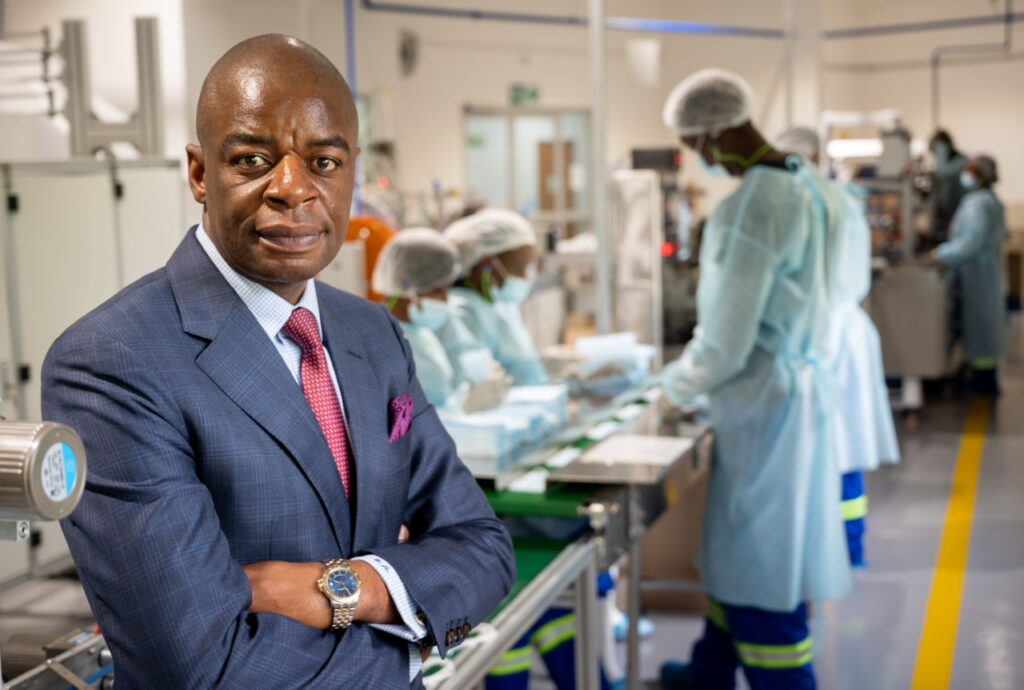Growing up, Adam Molai spent his holidays working in his father’s supermarket in Marondera Zimbabwe. He learned early the value entrepreneurs can create and has gone on to build a chain of businesses in several sectors including tobacco, retail, farming, transport and logistics, petroleum/lubricants, property development, and mining and commodities.
Adam whose TRT Investments manages a portfolio with operations in Nigeria, South Africa, Zimbabwe, Zambia, Mozambique and Kenya believes that Africa is short of “the right kind of” entrepreneurs.
“What is the reason, then, that a continent as largely underdeveloped as Africa is failing to come up with solutions to the myriad problems, and monetising them?” he asked in an opinion piece published in 2022.
The answer, Molai tells TechCabal, is that most African entrepreneurs are driven by necessity. The right type of entrepreneurs, he explains, take advantage of opportunities instead. “We need to develop our entrepreneurship from a survivalist level to an innovation level,” he tells TechCabal, “For me, entrepreneurship is about finding solutions. For a continent with so many challenges, which all need solutions, which become innovations that create value and capital, we are still having people having to rely on selling cassava on the side of the street.”
“Can we say that’s the entrepreneurship that is going to develop Africa?” he poses.
Molai notes that in the global West, 80% of the economy is driven by small businesses, which also employ a greater proportion of the labour force compared to other sectors. By comparison, Africa with the exception of northern African countries has a large concentration of micro-enterprises. Of the 44 million micro, small and medium enterprises (MSMEs), 97% are micro-enterprises, according to the International Finance Corporation (IFC).
Africa’s working-age population is expected to grow by 265.8%, compared to 28.3% globally. But there are not enough jobs for the 40 million young Africans who enter the job market every year. So these young people are forced into necessity entrepreneurship as Molai describes it.
Are people not necessity entrepreneurs because it is the only available option?
Molai thinks there is a problem with this framing. “If you think back to when you were in school,” he explains, “there were career days for doctors, for lawyers, but did they have any career days for entrepreneurs?”
“For as long as entrepreneurship is treated as a fringe activity, as an activity for those who are not able to be accommodated into the mainstream, entrepreneurship will never become what it should become. So we have to mainstream. That’s entrepreneurship from being survivalist to being the main state of our economy.”
So how do we transform necessity entrepreneurship into innovation entrepreneurs?
“It’s an ecosystem,” he says. “It starts with the mind ” Molai explains that were Africans never mentally socialised to see themselves as businesspeople. Instead, the African was always the means of production. The labour part of the equation, not the entrepreneur. Africans, he explained, need to take ownership of their journey, and ask, “What do we need to do collectively to start building that entrepreneurial ecosystem?”





















